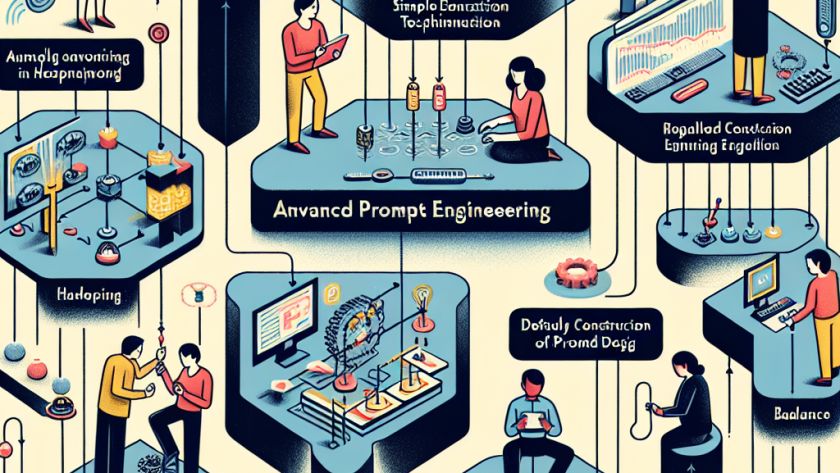Factory AI has unveiled Code Droid, a major innovation in artificial intelligence (AI) designed to streamline and expedite software development processes. As an autonomous AI tool, Code Droid is created to handle a multitude of coding duties based on natural language instructions, assimilating insights from multiple fields, including robotics, machine learning, and cognitive science.
The key…












